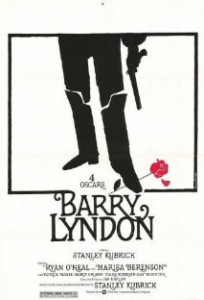
Dystopia: discourse and corruption
 In the brazilian elections speeches were positive all was well, passed the elections and now goes wrong, go up gasoline, energy and of course the salary of corrupt, that is the dystopia (in Brazil).
In the brazilian elections speeches were positive all was well, passed the elections and now goes wrong, go up gasoline, energy and of course the salary of corrupt, that is the dystopia (in Brazil).
Historically the term is connected to totalitarianism systems, authoritarianism, by a large oppressive control of society, shown corruptible easing norms created for the common good where technology is used as a control tool, is the State, whether institutions or even corporations, not by its citizens.
The term appeared the first time in a speech Stuart Mill (also attributed to Gregg Weber in the British Parliament in 1868, he said: “It is probably too flattering to call them utopian, should instead be called dis-topics [‘provisions ‘of the ancient Greek δυσ, translit dys:.’ distress, pain ‘] or shard-topics [‘ Caco ‘, the Greek κακός, translit kakos:. “. Bad, bad’] what is commonly called utopia is too good to be feasible, but what they seem to defend is too bad to be feasible. “
In cinema Stanley Krubick is an expert of dystopias: “A Clockwork Orange”, “The brave new world,” but we can also mention the epic: “Blade Runner”, “Minority Report”, later: “Matrix”, “Children of Men “(2006) and” Black Swan “(2010) and the very recent” Interstellar “(2014).
I’ll see (had read) the film Kubrick “Barry Lyndon” based on the novel of the Indo-British William Thackeray “Barry Lyndon Memories” (1884), which tells of the rise and fall of a penetrates the Irish nobility, while showing the negative face of this nobility.
Any resemblance to our reality is not mere coincidence, gives food for thought.









